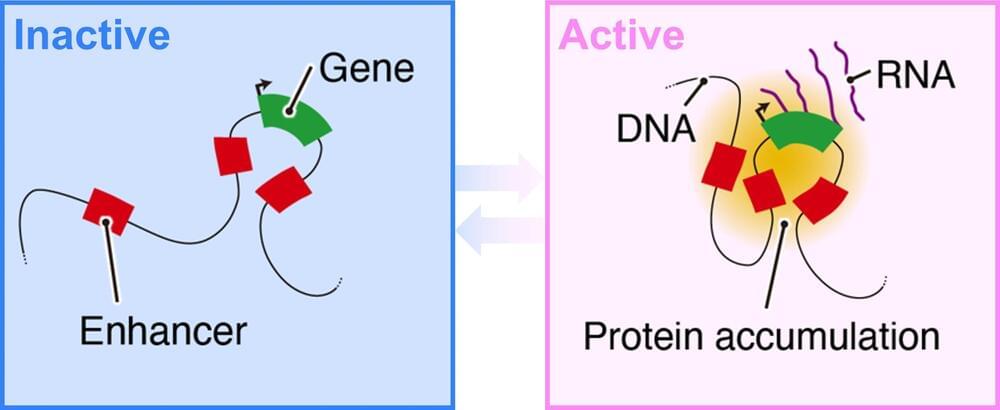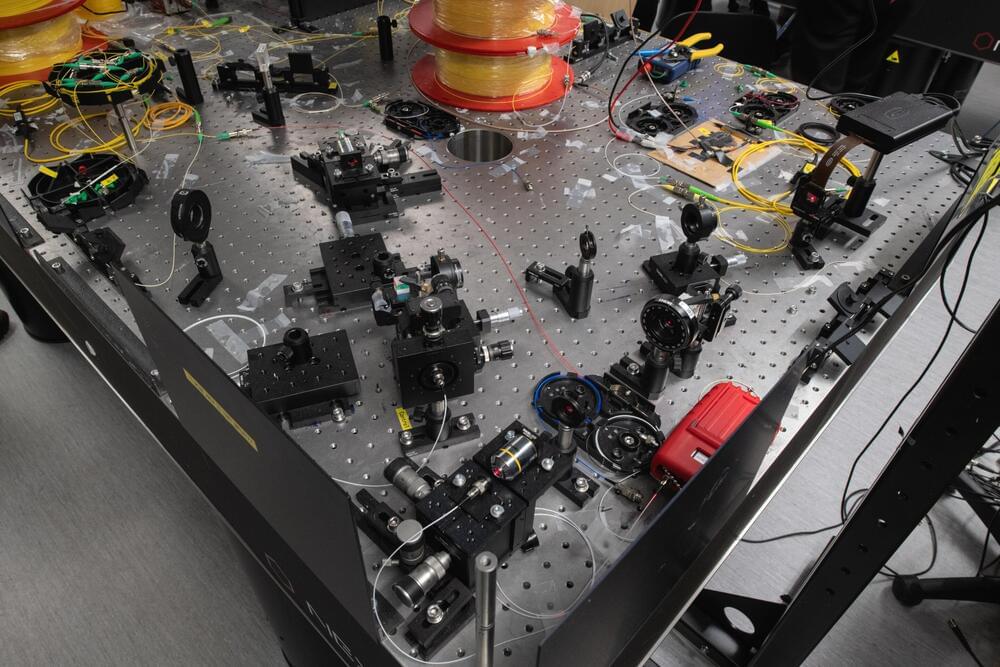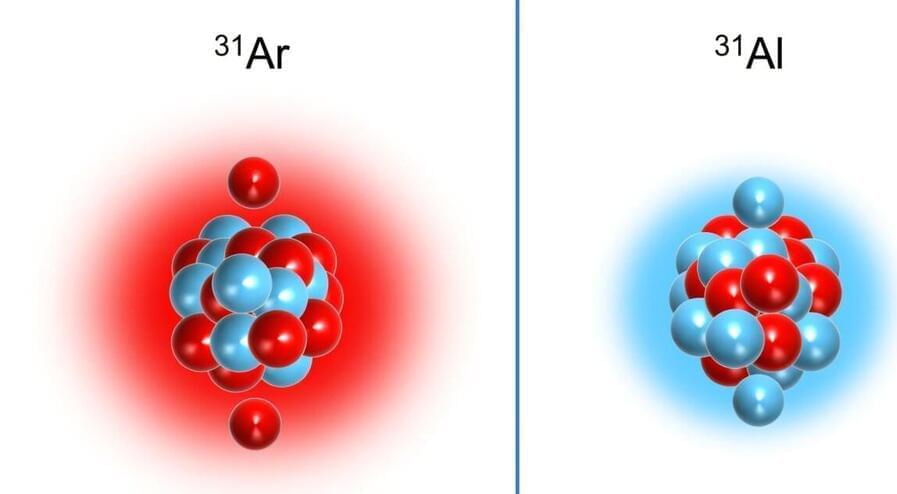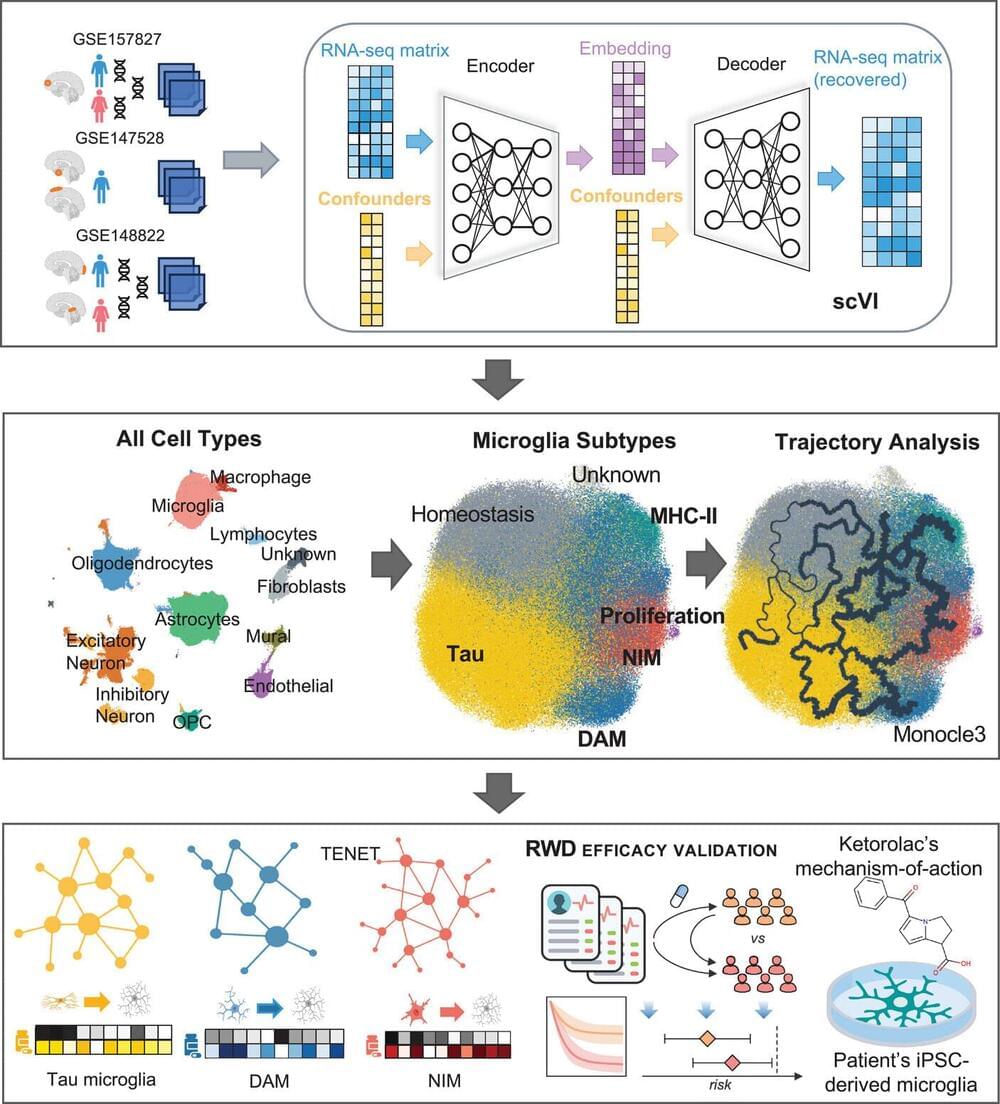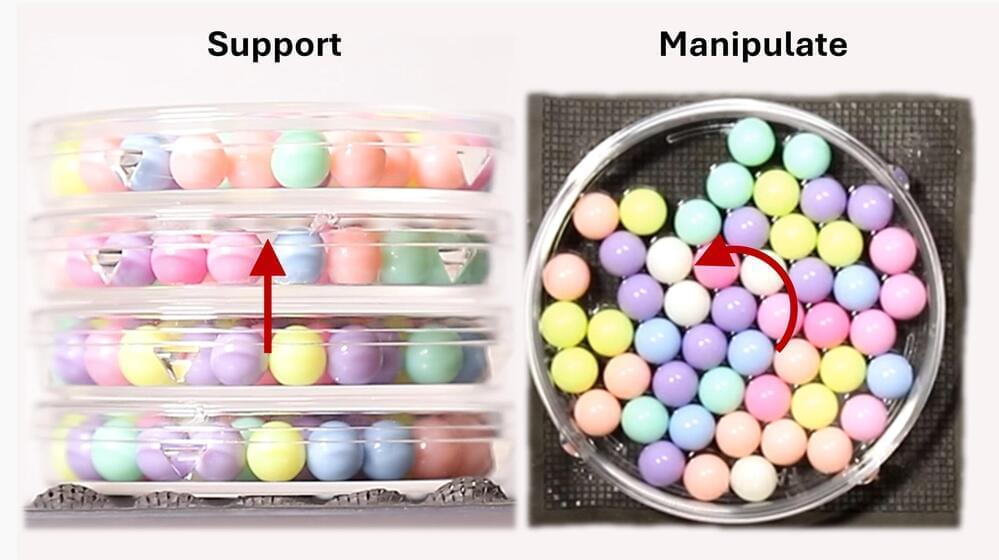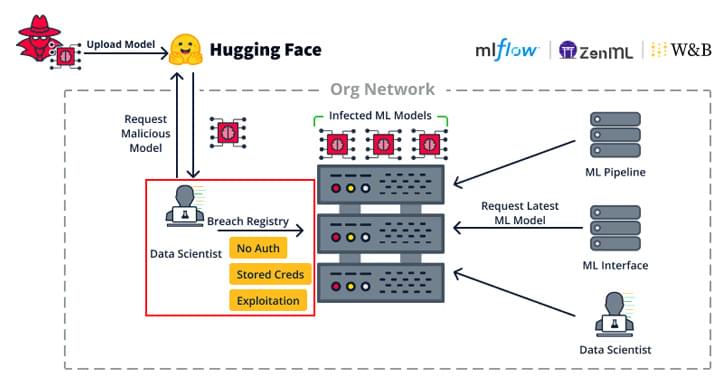Despite technological advances like electronic health records (EHRs) and dictation tools, the administrative load on healthcare providers has only grown, often overshadowing the time and energy dedicated to direct patient care. This escalation in clerical tasks is a major contributor to physician burnout and dissatisfaction, affecting not only the well-being of providers but also the quality of care they deliver.
During consultations, the focus on documentation can detract from meaningful patient interactions, resulting in fragmented, rushed, and sometimes impersonal communication. The need for a solution that both streamlines documentation and restores the patient-centred nature of healthcare has never been more pressing. This is where AI-powered medical scribes come into play, offering a promising path from traditional dictation to fully automated, integrated documentation support.
AI medical scribe software utilises advanced artificial intelligence and machine learning to transcribe, in real time, entire patient-physician consultations without the need for traditional audio recordings. Leveraging sophisticated speech recognition and natural-language processing (NLP) algorithms, AI scribes are capable of interpreting and processing complex medical conversations with impressive accuracy. These systems can intelligently filter out non-essential dialogue, such as greetings and small talk, to create a streamlined and detailed clinical note.

